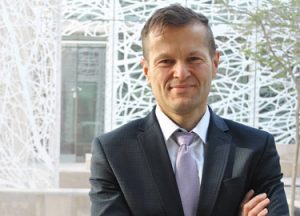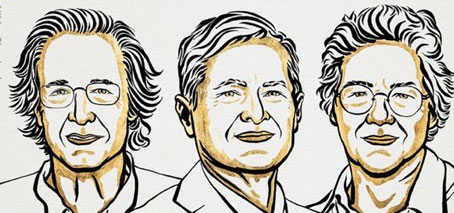
Ferenc Krausz, Max Planck Institut für Quantenoptik, is a Partner Investigator in FLEET’s Theme 3
Congratulations Prof Ferenc Krausz (MPQ) awarded the Nobel Prize in Physics today for his work in attosecond physics.
Prof Krausz is the Director of the Max Planck Institute of Quantum Optics (MPQ).
As a FLEET Partner Investigator, along with CI A/Prof. Agustin Schiffrin (Monash) and AI Nick Karpowicz (MPQ), Prof Krausz is involved in FLEET’s Research Theme 3, using ultrashort waveform-controlled laser pulses to trigger, probe, control transient topological phases of materials at ultrafast timescales.
The motion of electrons in atoms, molecules and materials is dictated by quantum mechanics. This motion can unfold at timescales as short as a few femtoseconds (1 femtosecond is a million-billionth of a second) or even attoseconds (ie, billionths of a billionth of a second).
In order to track and ultimately control such ultrafast electron dynamics, experimental techniques with attosecond time resolution are required.
Progress made in the last few decades in the development of intense laser sources and in the field of nonlinear optics has enabled the reliable generation of ultrashort pulses of coherent light, with durations as short as tens of attoseconds. When used in time-resolved optical spectroscopy experiments, these light pulses allow for tracking and controlling the motion of electrons in matter in real-time, at the natural timescales of electrons.
“Prof Krausz’s pioneering research in the area of attosecond physics has enabled and established many of these achievements,” says Monash/FLEET CI A/Prof Agustin Schiffrin.
“The latter have important implications for, and can result in ground-breaking advances in, e.g., fundamental understanding of the behaviour of electrons in matter, optimization of optoelectronic technologies (including light-emitting devices and solar cells), tailored optical control of chemical reactions, ultrafast optically controlled electronics (including computing), and even biomedical applications for disease diagnosis and treatment.”
Prof Krausz’s contributions to physics were also recently recognised in the 2022 Wolf Prize for Physics.

